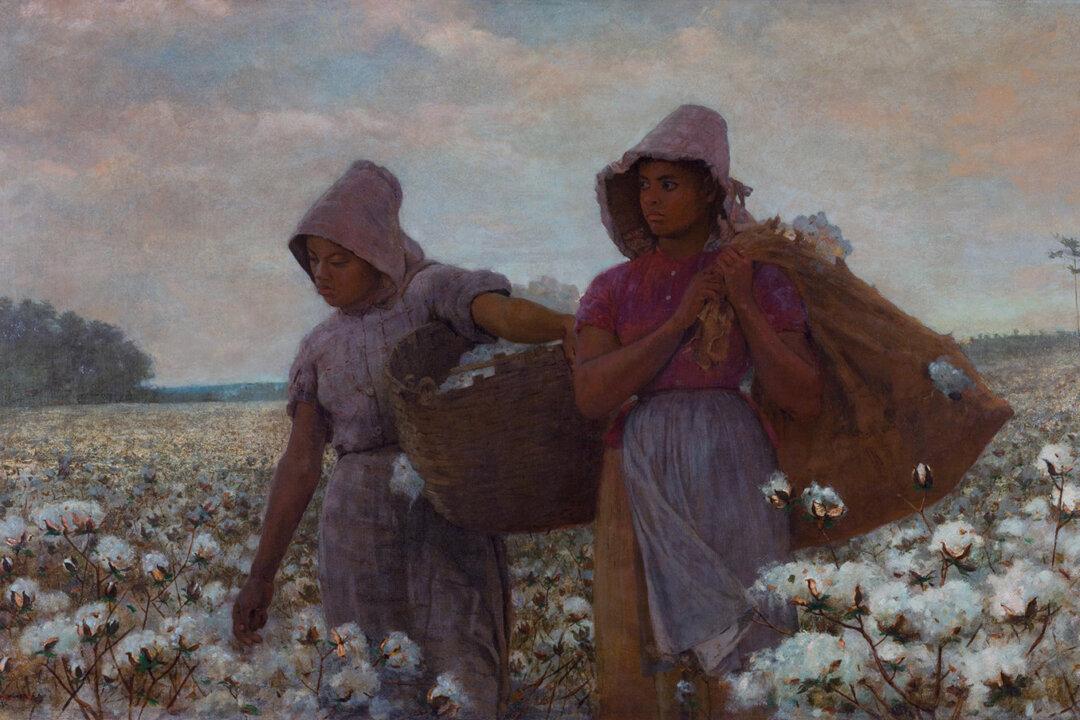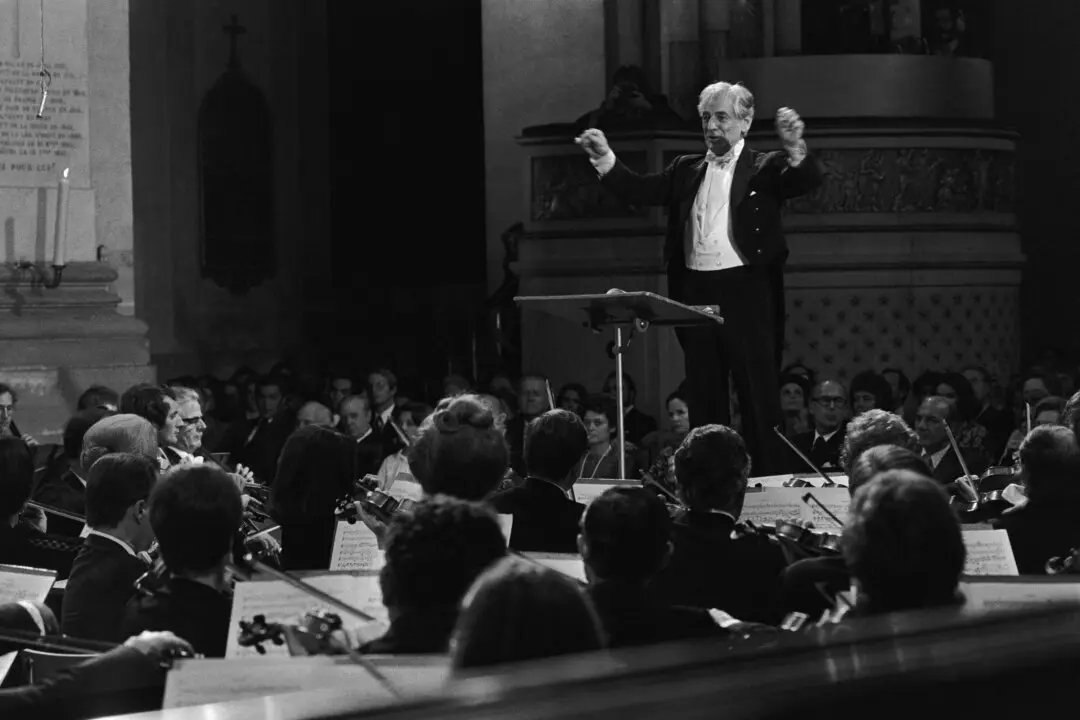As Americans endured the toughest economic hardship ever recorded in modern times, the nation’s most treasured contemporary gospel song also debuted. During the Great Depression, families looked for a brief respite and found comfort in the delicate notes of Midwest songwriter and sharecropper Albert E. Brumley’s hymn, “I’ll Fly Away.” What began as a ditty to pass the time while farming turned into a song with a message of hope that would resonate with generations to come, long after its release in the 1930s.
Underneath the warm Oklahoma sun, 24-year-old Brumley worked his way through rows of cotton blossoms, picking what was ready to harvest on the farm where his family had long worked as sharecroppers. Though many in the 1920s looked down on the profession, the Brumley family was proud of their humble roots and saw the physically demanding job as a rewarding task. While Albert learned early on to value hard work, he never quite had the stature of a farmhand. As he grew up, while other boys put on muscle from field work and nourishing dinners, he stayed rather slim. That didn’t slow him down in the cotton fields, but he also had bigger dreams.





